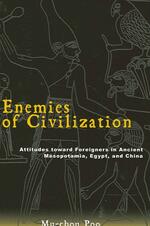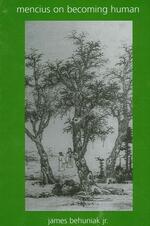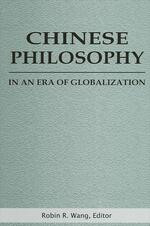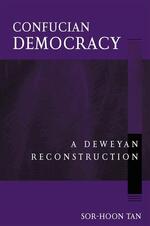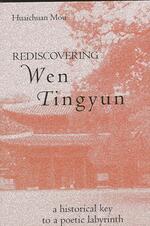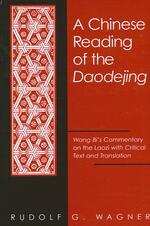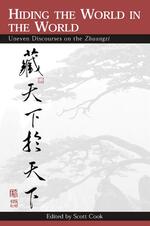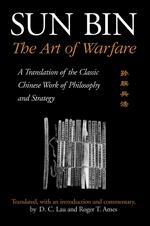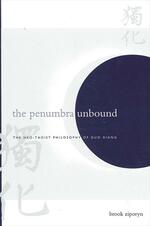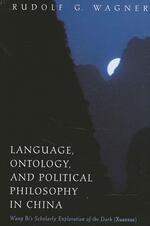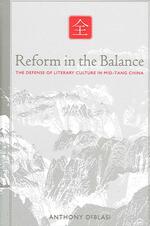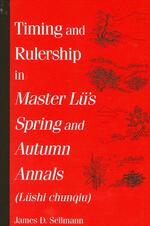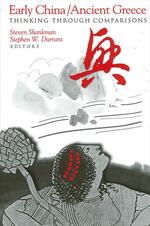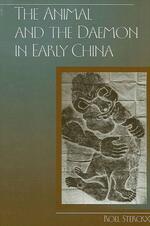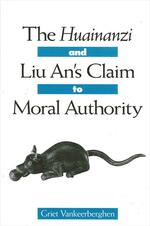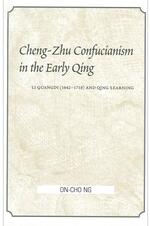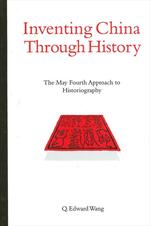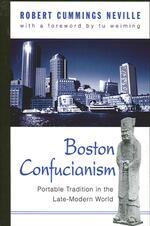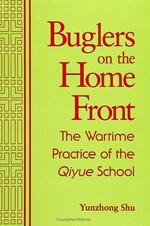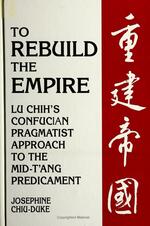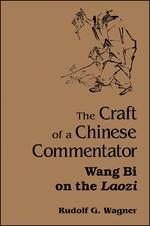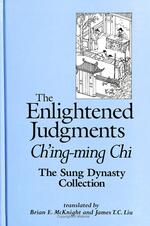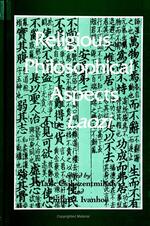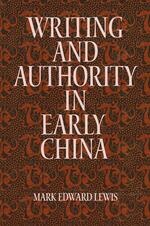SUNY series in Chinese Philosophy and Culture
Enemies of Civilization
Looks at how foreigners were regarded in three ancient civilizations, finding that cultural, not biophysical, differences were key in distinguishing "us" from "them. "
Mencius on Becoming Human
A new interpretation of the Confucian classic, the Mencius, based on both traditional sources and newly discovered documents.
Chinese Philosophy in an Era of Globalization
Chinese and Western thinkers consider the Chinese philosophical tradition and Chinese philosophy for the contemporary global era.
Confucian Democracy
Using both Confucian texts and the work of American pragmatist John Dewey, this book offers a distinctly Confucian model of democracy.
Rediscovering Wen Tingyun
A new look at the life, times, and work of the great Tang dynasty poet, Wen Tingyun, that rebuts the negative aspects of his reputation. Translations of a number of his works are included.
A Chinese Reading of the Daodejing
Presenting the commentary of the third-century sage Wang Bi, this book provides a Chinese way of reading the Daodejing, one which will surprise Western readers.
Hiding the World in the World
Presents wide-ranging and up-to-date interpretations of the Zhuangzi, the Daoist classic and one of the most elusive works ever written.
Sun Bin: The Art of Warfare
A classic of both military strategy and Eastern philosophy from the fourth century B. C.E.
The Penumbra Unbound
Explores the work of Guo Xiang, a Neo-Taoist thinker who developed a radical philosophy of freedom and spontaneity.
Language, Ontology, and Political Philosophy in China
Explores the thought of Wang Bi, the third-century Chinese philosopher who made brilliant, innovative contributions in an era when traditional intellectual institutions and orthodoxies had collapsed.
Reform in the Balance
Presents the intellectual milieu of mid-Tang China, particularly the conservative defense of literary pursuits and cultural tradition in the face of political and social uncertainty.
Timing and Rulership in Master Lü's Spring and Autumn Annals (Lüshi chunqiu)
Explores proper timing and the arts of rulership in the work that inspired China's first emperor.
Early China/Ancient Greece
The first edited volume in Sino-Hellenic studies, this book compares early Chinese and ancient Greek thought and culture.
The Animal and the Daemon in Early China
Explores early Chinese beliefs regarding the animal world and how these informed ideals of sagehood and political authority.
The Huainanzi and Liu An's Claim to Moral Authority
An innovative analysis both of the Huainanzi, a text from China's Han period, and of the events that surrounded this work.
Cheng-Zhu Confucianism in the Early Qing
Examines the thought of Li Guangdi, an exponent of the Cheng-Zhu school of Confucianism and a powerful statesman during the Qing dynasty.
Inventing China through History
A critical examination of the rise of national history in early-twentieth-century China.
Boston Confucianism
Argues that Confucianism can be important to the contemporary, global conversation of philosophy and should not be confined to an East Asian context.
Buglers on the Home Front
The first book-length study in English of an important but neglected school of dissident Chinese writers active around the time of the war against Japan (1937–45).
To Rebuild the Empire
Provides both a biography of the pivotal T'ang Dynasty figure Lu Chih and an intellectual history of his era, which is instrumental in the revival and transformation of Confucianism.
The Craft of a Chinese Commentator
A systematic study of Wang Bi's (226-249) commentary on the Laozi, this book provides the first systematic study of a Chinese commentator's scholarly craft and introduces a highly sophisticated Chinese way of reading the Taoist classic, one that differs greatly from Western interpretations.
Enlightened Judgments, The, Ch'ing-ming Chi
The first English translation of a selection of legal documents from Sung Dynasty China, this work provides a fascinating look at the legal, social, and economic history of that era.
Imagining Boundaries
Explores the shifting terrain of Confucianism in Chinese history.
Religious and Philosophical Aspects of the Laozi
Leading scholars examine religious and philosophical dimensions of the Chinese classic known as the Daodejing or Laozi.
Writing and Authority in Early China
Traces the evolving uses of writing to command assent and authority in early China, an evolution that culminated in the establishment of a textual canon as the basis of imperial authority.
